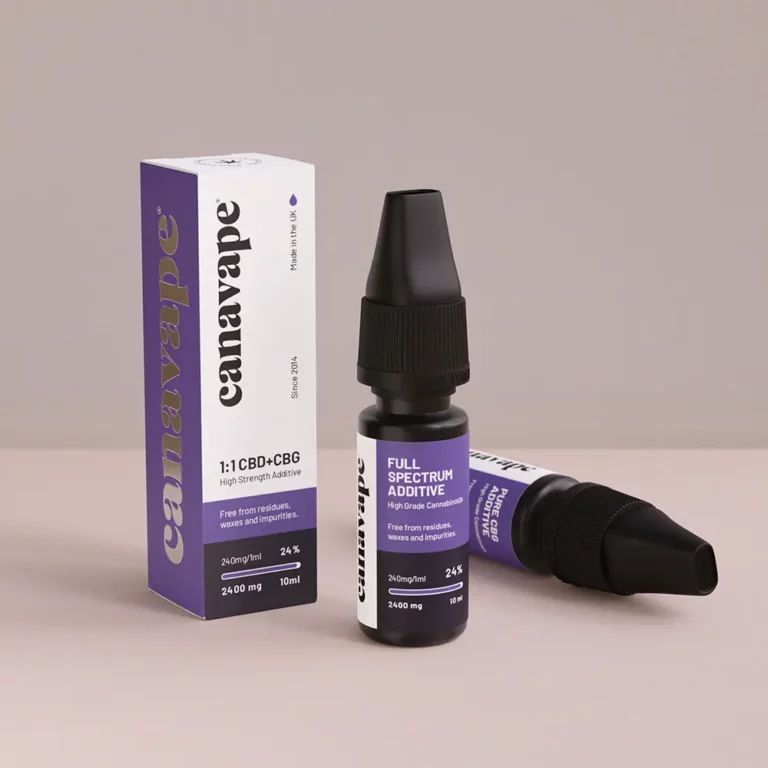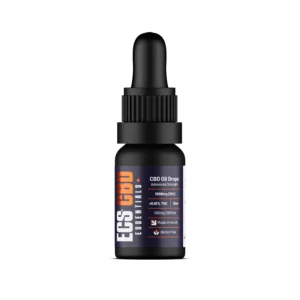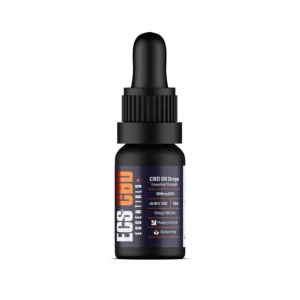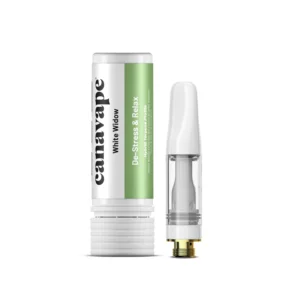Dementia and Alzheimer’s disease are debilitating conditions that affect millions of people worldwide. As researchers continue to search for effective treatments, CBD oil has emerged as a potential therapeutic option. CBD, or cannabidiol, is a non-psychoactive compound derived from the cannabis plant that has gained significant attention for its potential health benefits.
While there is no cure for dementia or Alzheimer’s, & whilst CBD oil has shown promise in alleviating some of the symptoms associated with these conditions it is not intended for this use. Research suggests that CBD may help manage anxiety, depression, and sleep disturbances, which are common in individuals with dementia and Alzheimer’s.
One of the key principles behind CBD’s potential benefits is its interaction with the endocannabinoid system (ECS) in the body. The ECS plays a crucial role in regulating various physiological processes, including mood, sleep, and immune function. CBD interacts with the ECS to promote balance and homeostasis, potentially improving overall well-being.
Furthermore, CBD oil possesses anti-inflammatory and antioxidant properties, which may be beneficial for individuals with dementia and Alzheimer’s. Chronic inflammation and oxidative stress are believed to contribute to the progression of these conditions. By reducing inflammation and combating oxidative damage, CBD oil may help protect brain cells and slow down cognitive decline.
It is important to note that while CBD oil shows promise, it should not be considered a cure or a substitute for medical treatment. It is always recommended to consult with a healthcare professional before incorporating CBD oil into a dementia or Alzheimer’s treatment plan.
When considering CBD oil for dementia and Alzheimer’s, it is crucial to choose a high-quality product from a reputable source. Look for CBD oils that are third-party tested for purity and potency. Additionally, opt for full-spectrum CBD oils, as they contain a wide range of beneficial compounds found in the cannabis plant, including other cannabinoids and terpenes.
While CBD oil may offer potential benefits for individuals with dementia and Alzheimer’s, it is important to approach its use with caution and under the guidance of a healthcare professional. Each person’s condition is unique, and what works for one individual may not work for another. CBD oil should be seen as a complementary approach to existing treatments and therapies.
In conclusion, while research on CBD oil’s effects on dementia and Alzheimer’s is still in its early stages, it holds promise as a potential therapeutic option. Its interaction with the endocannabinoid system, anti-inflammatory properties, and potential to improve sleep and mood make it an intriguing avenue for further exploration. However, it is essential to consult with a healthcare professional and choose high-quality products when considering CBD oil as part of a dementia or Alzheimer’s treatment plan.











